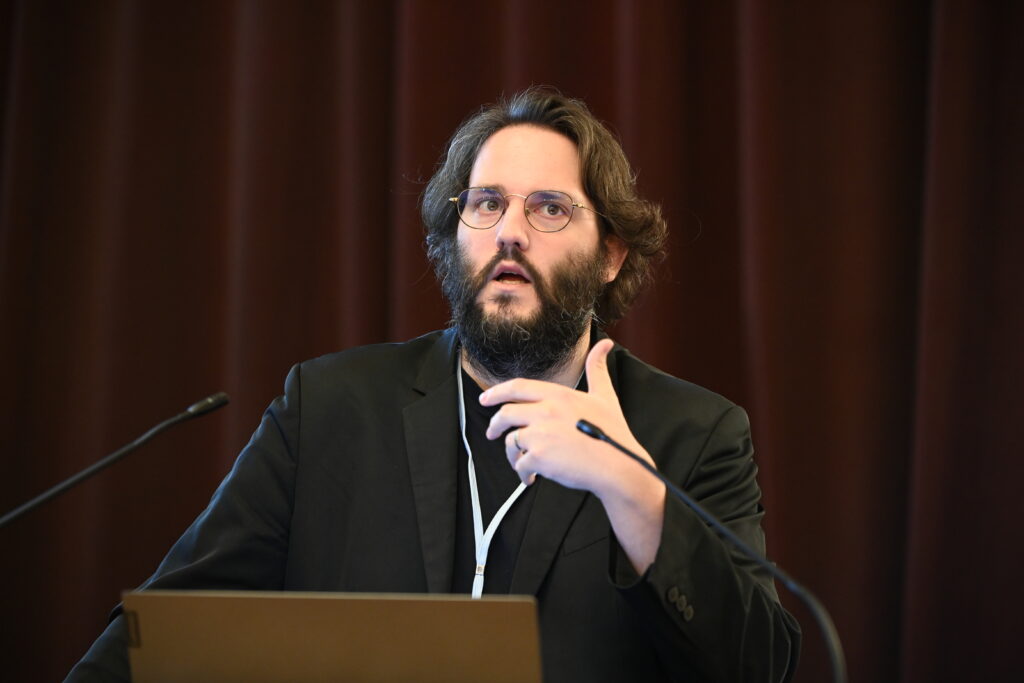Julien Cloarec
Full Professor of Marketing
Bio
About Me
I am a Full Professor of Marketing and Vice-President for Digital Strategy and Artificial Intelligence at Université Jean Moulin Lyon 3. At iaelyon School of Management, I serve as Founder and Director of the iaelyon Center for Artificial Intelligence, Chair of the Marketing Department, and Co-Head of the Master’s Program in Connected Marketing and Digital Communication.
As an internationally recognized expert in artificial intelligence, I am dedicated to ensuring AI can be deployed without compromising user privacy. I collaborate with regulatory bodies, professional associations, and academic institutions to raise awareness, influence policy, and promote responsible AI development that balances innovation with privacy protection.
My work has been published in numerous journals such as Research Policy, Technological Forecasting and Social Change, Technovation, Journal of Business Research, Psychology & Marketing, and Transportation Research Part A.




Research
Responsible Artificial Intelligence
My research focuses on the intersection of responsible AI, privacy, and technology adoption, particularly addressing the psychological and ethical challenges linked to AI-powered innovations. I explore how users navigate the personalization-privacy paradox, balancing the benefits of personalization with privacy concerns. Additionally, I investigate the psychological barriers and algorithmic aversions that impact the adoption of AI technologies, such as brain-machine interfaces and autonomous vehicles.
List of Publications
Click on a publication in the list to directly access the PDF
Data Science
I am an internationally renowned data science instructor, catering to a diverse range of stakeholders.

Statistics
Specializing in the collection, organization, analysis, interpretation, and presentation of data, statistics is the foundation for making informed decisions.
Machine Learning
Focusing on developing computer algorithms that continuously improve through experience and the use of data, machine learning drives intelligent automation.
NLP
Engaging in the interactions between computers and human language, natural language processing blends linguistics, computer science, and AI to enhance communication.
Computer Vision
Exploring how computers gain high-level understanding from digital images or videos, computer vision is at the intersection of various scientific disciplines, pushing the boundaries of visual perception.
Frequently Asked Questions
Find answers to commonly asked questions about my research, supervision, and collaboration opportunities.
How can I apply for a PhD under your supervision?
If you’re interested in pursuing a PhD under my supervision, I strongly encourage you to reach out to me before starting your Master’s thesis. I prefer to supervise Master’s students who are considering continuing with a PhD under my guidance. You can either join a Master’s program at iaelyon School of Management for your thesis, or ensure that your institution allows for external supervision.
Do you offer internships or research assistant positions?
Occasionally, I do offer internships or research assistant positions for students who are eager to gain hands-on experience in my research areas. These opportunities are typically reserved for students who have demonstrated a strong academic background and a keen interest in my work. Please contact me with your CV and a brief statement of interest if you would like to explore this possibility.
What’s the best way to learn programming?
I don’t recommend generic online courses. The best way to learn programming is by doing. Start by asking yourself, « What do I want to achieve? » Once you have a goal, search for existing code notebooks or examples online that are related to your objective. Experiment with them, understand how they work, modify the code, and observe the outcomes. This hands-on approach is the most effective way to learn.
Can you provide data science training for my organization?
Yes, I have extensive experience as a data science instructor, having trained a wide variety of audiences, from research labs to corporate teams, on how to effectively leverage data science. Please contact me to discuss how we can tailor a training program to meet your organization’s specific needs.